MIKEY’S WISH ANNOUNCE LINE-UP FOR APRAXIA AWARENESS EVENT IN MANCHESTER WITH CELEBRITY GUESTS
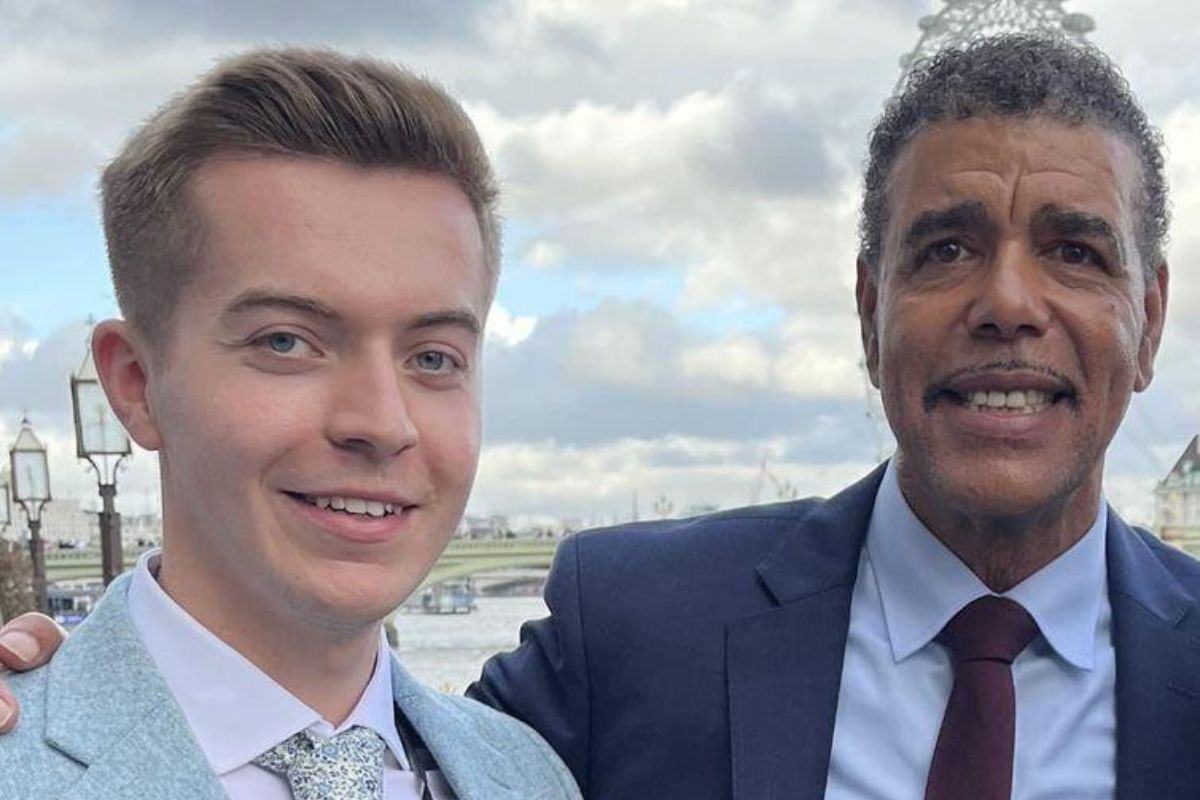
MIKEY’S WISH campaign (@MikeysWish_VDA) announces today that its annual event, supported by patron Chris Kamara MBE (@chris_kammy), will run on Saturday 1st June from 12pm – 5pm at Oakland Hall, Hyde.
The event is one of the first of its kind, dedicated to confronting and presenting issues about apraxia of speech (formally called verbal dyspraxia), which is a rare neurological speech disorder that is mostly misdiagnosed and under-recognised in the UK.
The Royal College of Speech and Language Therapists states that around 20 percent of the UK population (up to 14 million people) will suffer from speech disorders in their life. Part of this statistic is children born with severe speech sound disorders such as apraxia of speech which makes it extremely difficult for them to acquire speech despite knowing exactly what they want to say. With no funding to support this, the UK trails behind other countries that offer intensive speech therapy support on a weekly basis.
However, the challenge today is that as local governments are being told to cut back, there is an increased need to ensure these services are not forgotten. Therefore, Mikey’s Wish has created a petition for increased funding to support this underrepresented, invisible disability, which it will launch at the Mikey’s Wish Apraxia Awareness event in Manchester on 1st June 2024, supported by Former English professional footballer and manager, Christopher Kamara MBE, who was recently diagnosed with apraxia.
Kamara has spoken about the impact apraxia has had on his life alongside his friend and presenter Ben Shepherd, in the recent documentary for ITV, titled Chris Kamara: Lost for Words. The documentary gives viewers an insight into what it’s like living with apraxia and educates people about the condition.
Kamara said: “I woke up one morning and all of a sudden the connection between the brain and the voice went for some reason.
“So I thought I must have had too many beers last night, it’ll be alright once I get through the day – and it never [was], it stayed there.
“I couldn’t believe what was happening – I thought ‘Have I got dementia? Have I got Alzheimer’s? Have I had a bang on the head and I can’t recover from it?”
Kamara admitted that one of the most difficult decisions he had to take was choosing to share his symptoms with loved ones and with medical specialists. However, since then, he has travelled to Mexico to receive a month of experimental treatment, which was a huge success. However, upon filming this documentary, Kamara became aware that there are thousands of children suffering with apraxia in the UK with no funding or treatment of this kind to help support them to acquire speech.
Discussing the treatment he has had, Kamara explains that “It works. It’s radio waves and magnetic vibes through the brain”. After this experimental treatment and intensive speech therapy, Kamara can now talk, whereas before, he states, “I was losing my words and felt I’d never be fluent again.”
Due to his own experience, Kamara is now working with Mikey’s Wish to help raise awareness of this disability. Kamara will be attending the event in Manchester to discuss the impact apraxia has had on his life in conjunction with Mikey Akers, who set up the Mikey’s Wish.
Akers was diagnosed with apraxia at a young age and set up the charity in his teenage years in order to create a wish that no other family feels the loneliness that he and his family felt when they first realised, he had apraxia and to ensure that every child receives the inclusive education that they deserve, no matter what their disability.
Akers said: ‘Being born with apraxia was isolating and lonely. I felt different to my peers. Not only did it impact my self-esteem as a young child, but I also fell behind at School, with the condition impacting my phonics, reading and writing, which are so essential during those early years.
“I felt so different from my peers, but there is a process you go through as a family where you must learn to accept the life you have been given and pull together to ensure the right support is in place.”
Apraxia had a turbulent impact on Akers school life, but he said:
‘When I hit my teens, I wrote a poem called ‘Mikey’s Wish’ that changed everything. I finally put into words what it was like to live with apraxia and it had a huge impact. People began to share and discuss it, and it became a catalyst for the charity today, with the aim of using my experience to unite people, raise awareness and to create a community so that no one feels as alone as we did back then.”
As a leading activist for apraxia awareness, Akers recently attended the Houses of Parliament and became an Expert by Experience at Birmingham City University. He speaks to trainee speech and language therapists about his experience of growing up with apraxia and is involved in many international events.
Mikey will attend the Mikey’s Wish event in Manchester, alongside Chris Kamara and leading speech and language therapists from the Royal College of Speech and Language who have recently published a report on speech sound disorders, such apraxia, in February 2024.
Aker’s, Kamara and speech and language therapists will be on hand to discuss the condition with children and parents impacted by the speech sound disorder as well as speech and language trainees.
To find out more about the Mikey’s Wish event or to book tickets, please see here.
For more information about the Mikey’s Wish campaign or to join the supportive community see here.
To sign the petition for more funding for children with severe speech sound disorders, such as apraxia, see here.
 Classic FE News Logo Sticker
Classic FE News Logo Sticker 
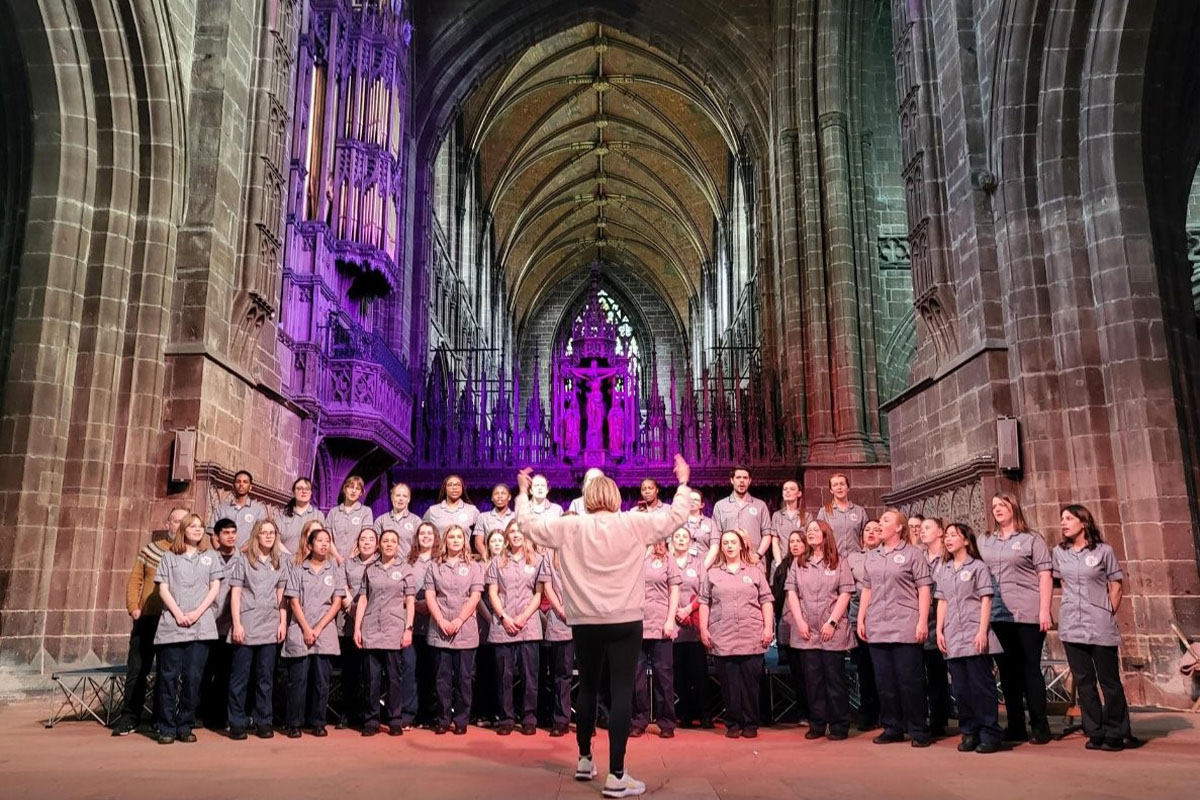
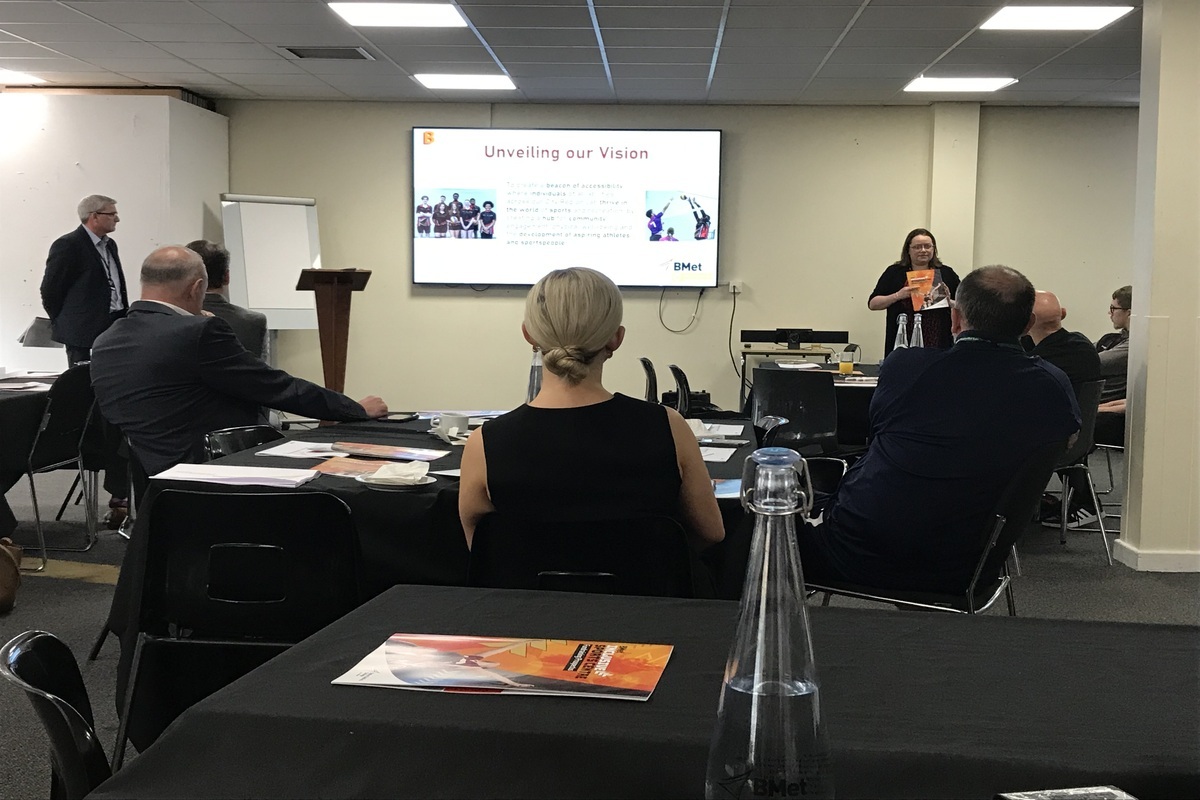
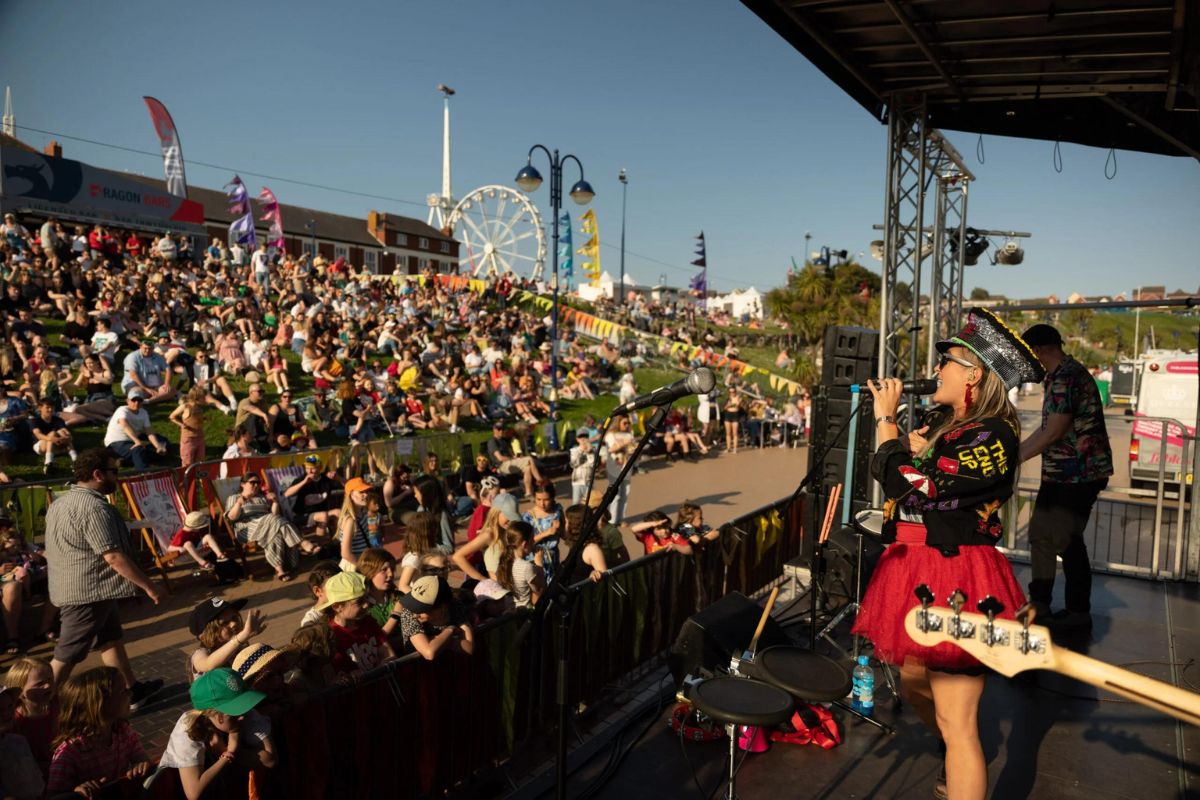
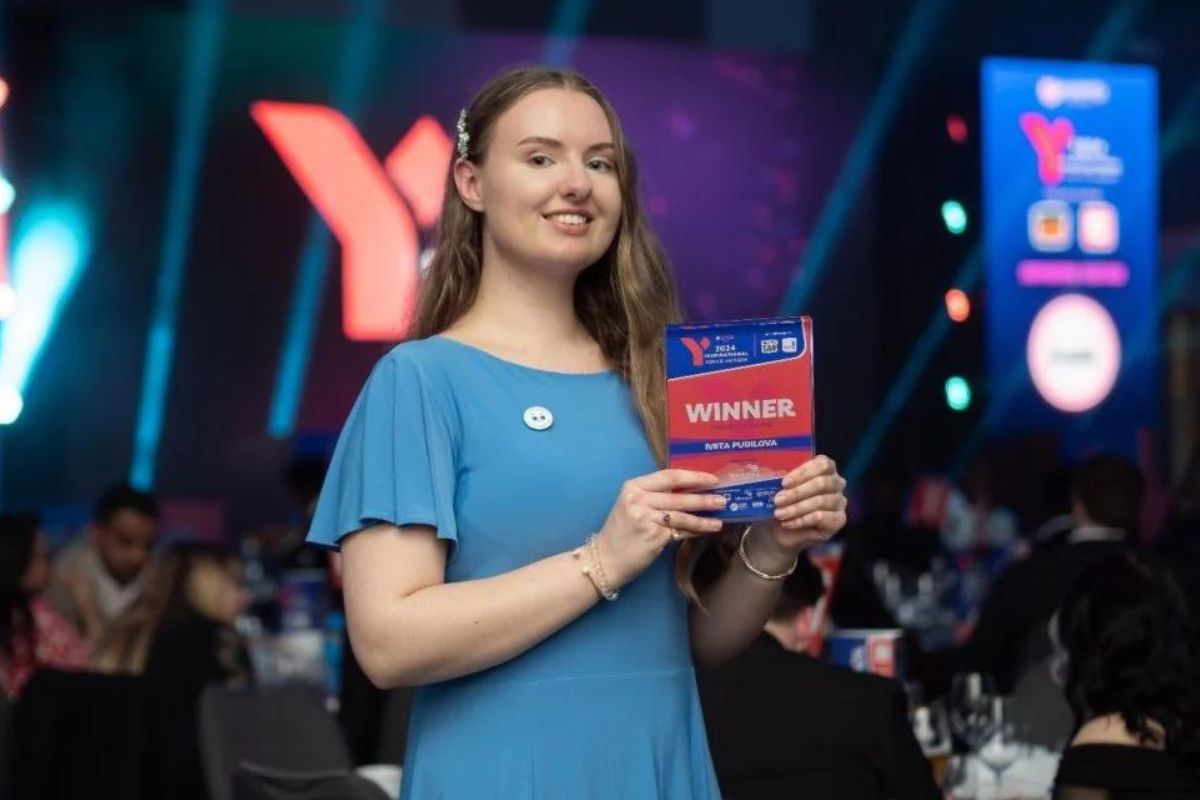
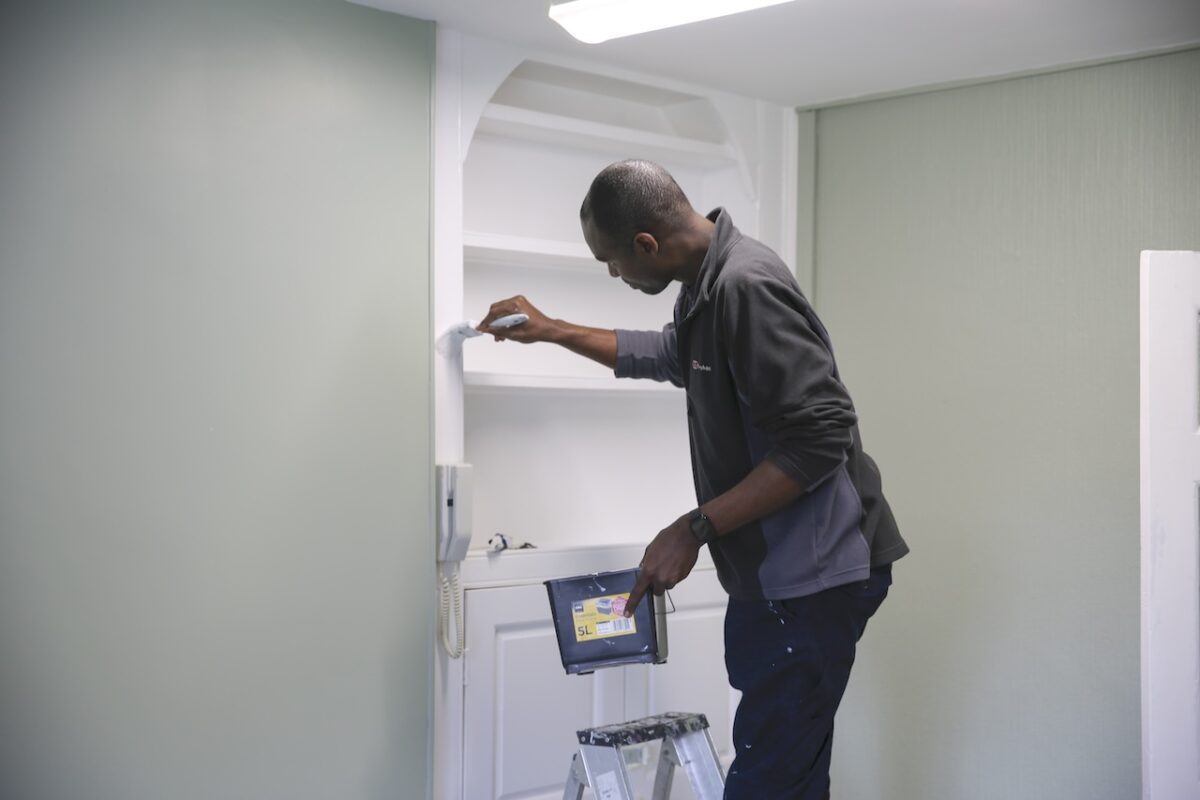
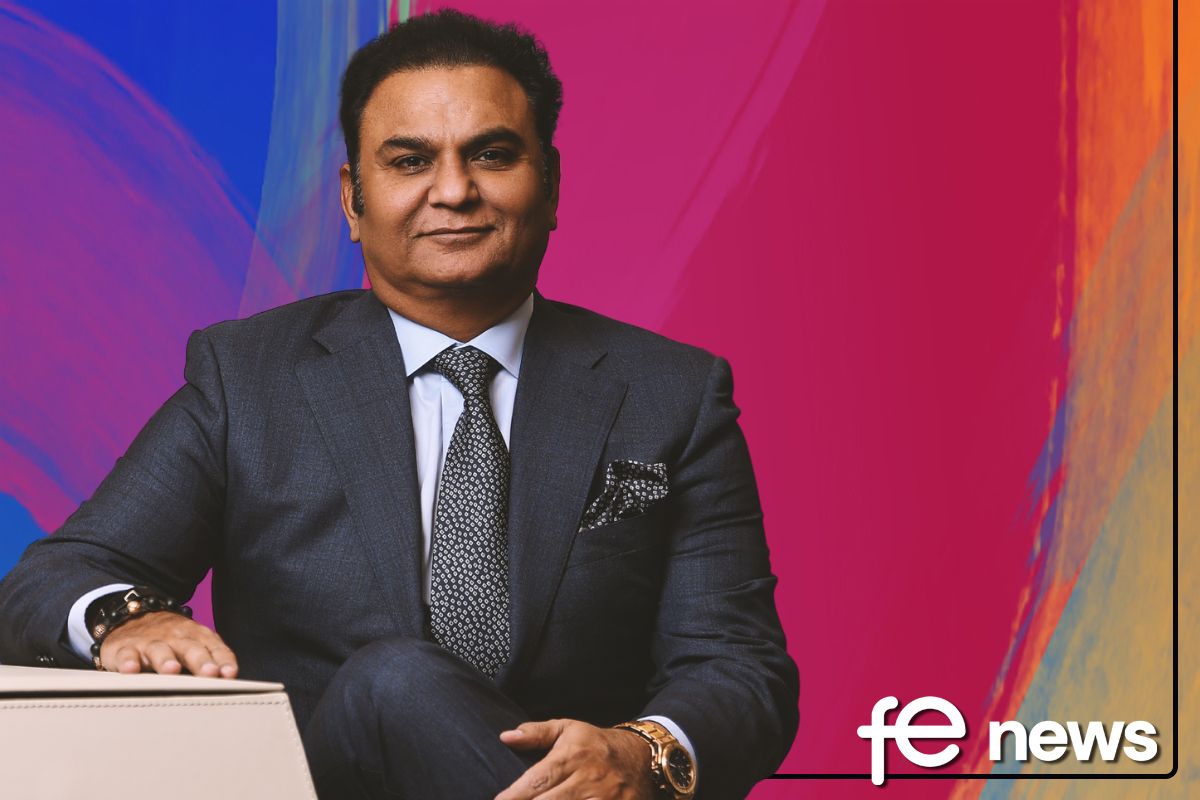
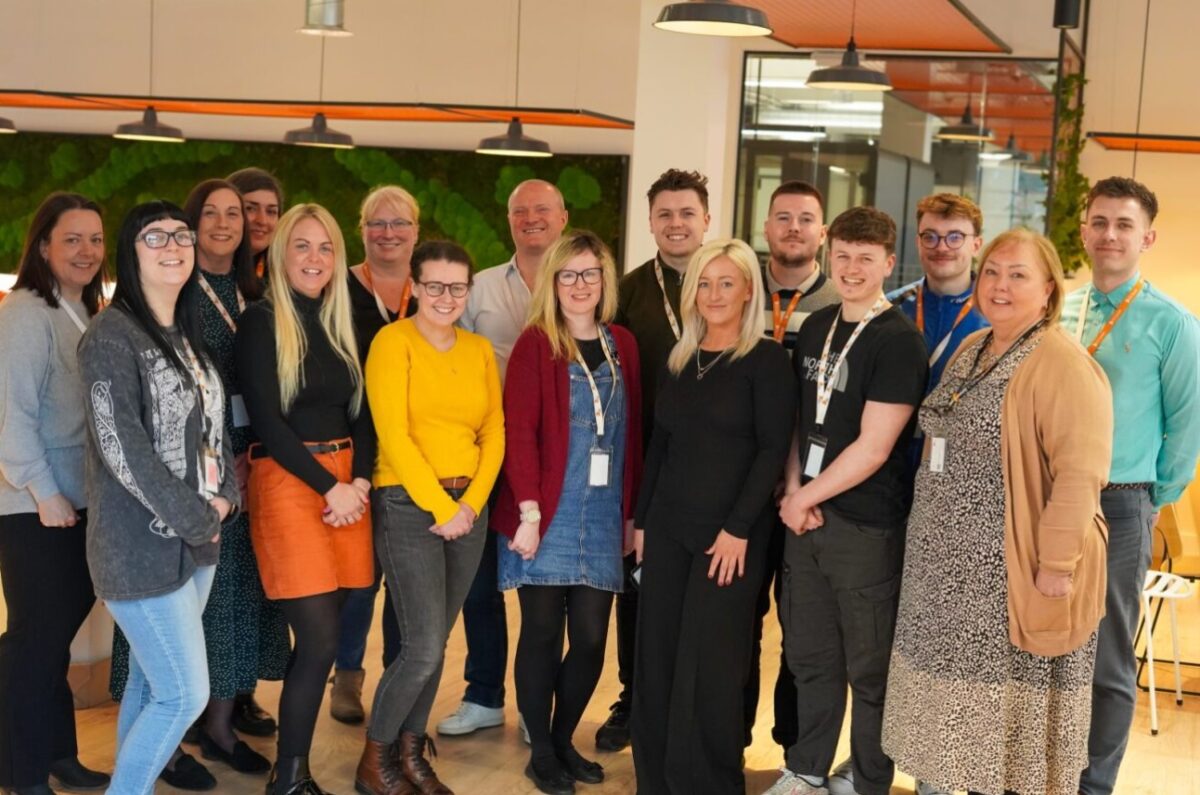
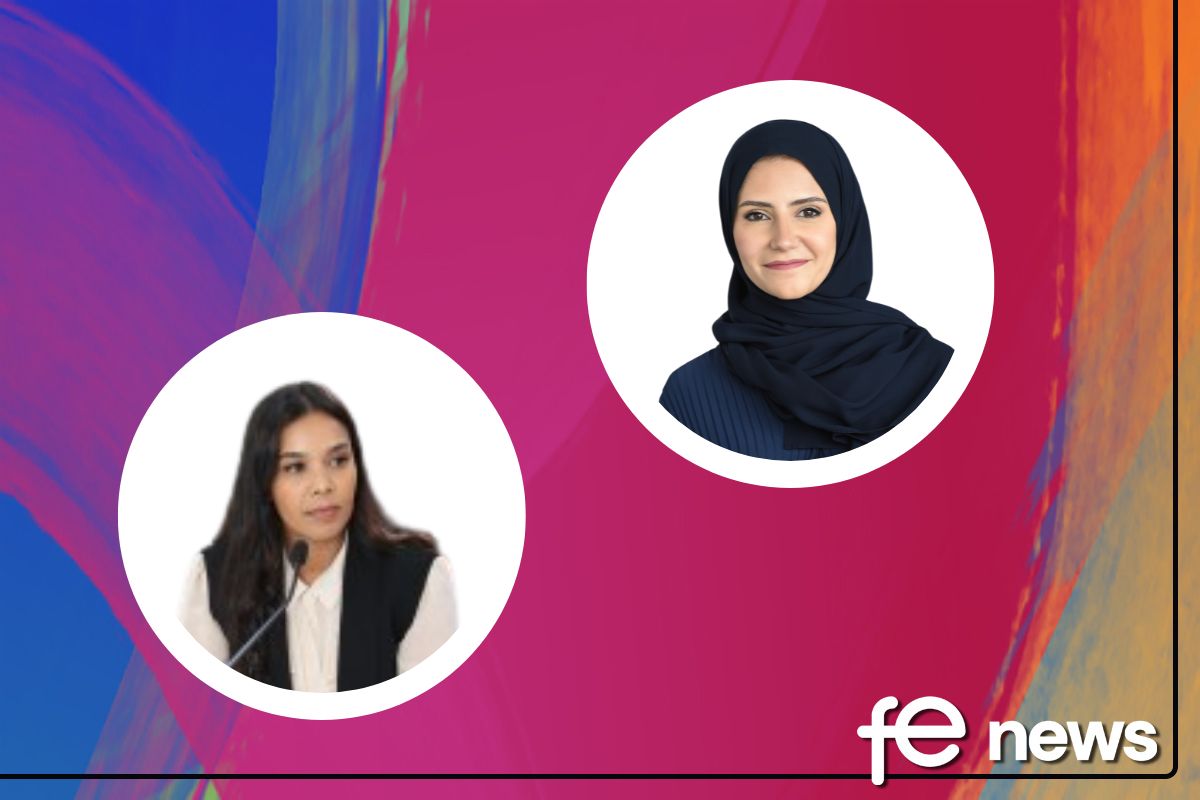
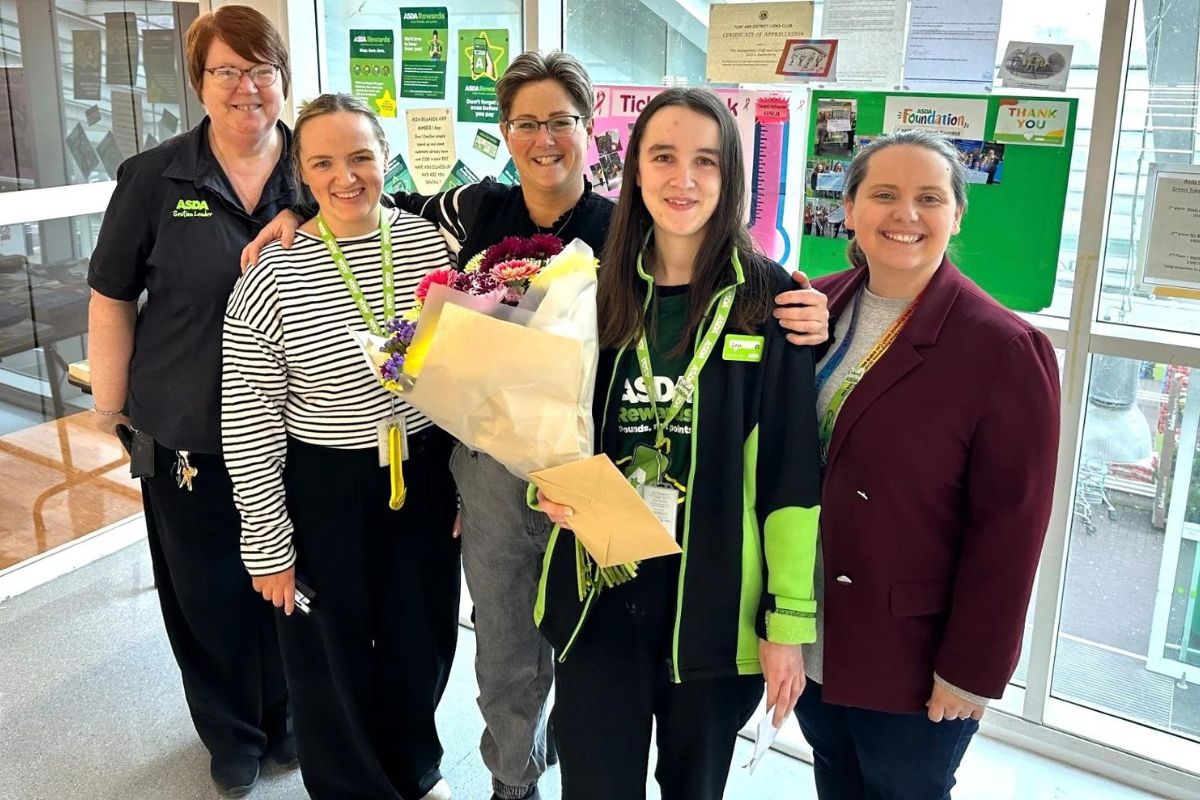
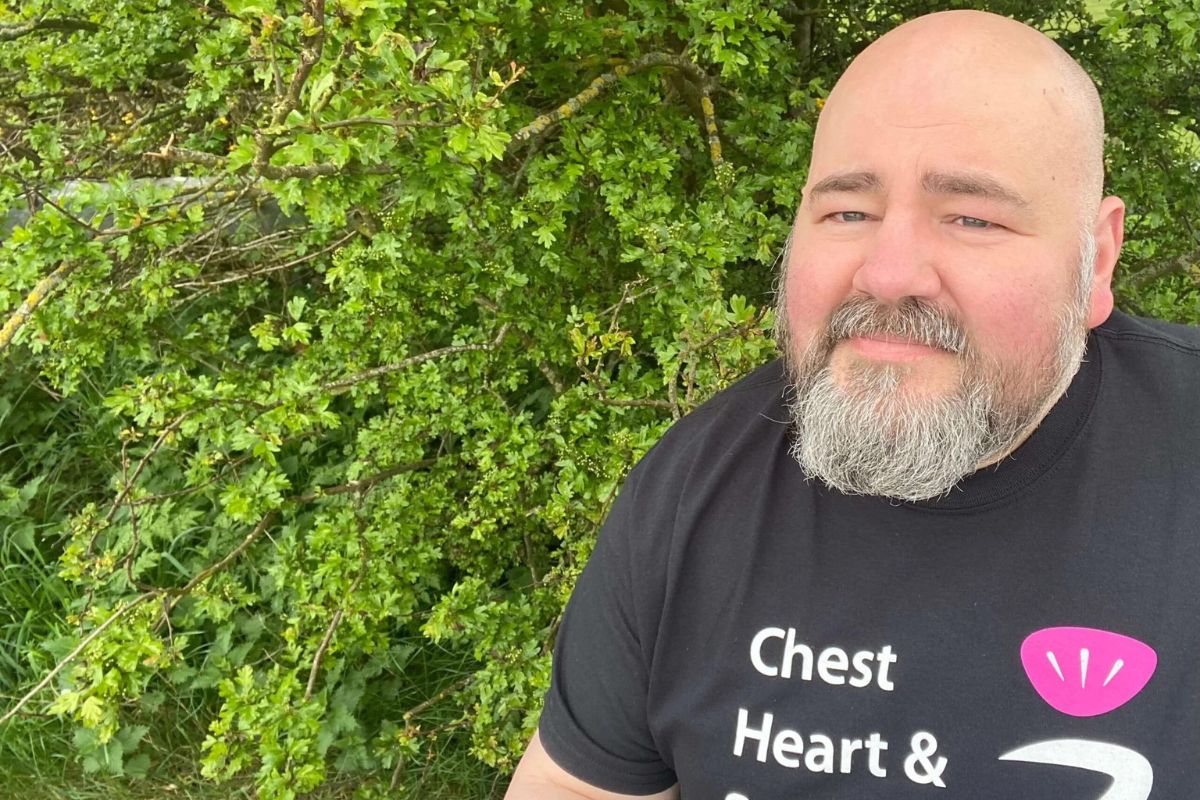
Responses